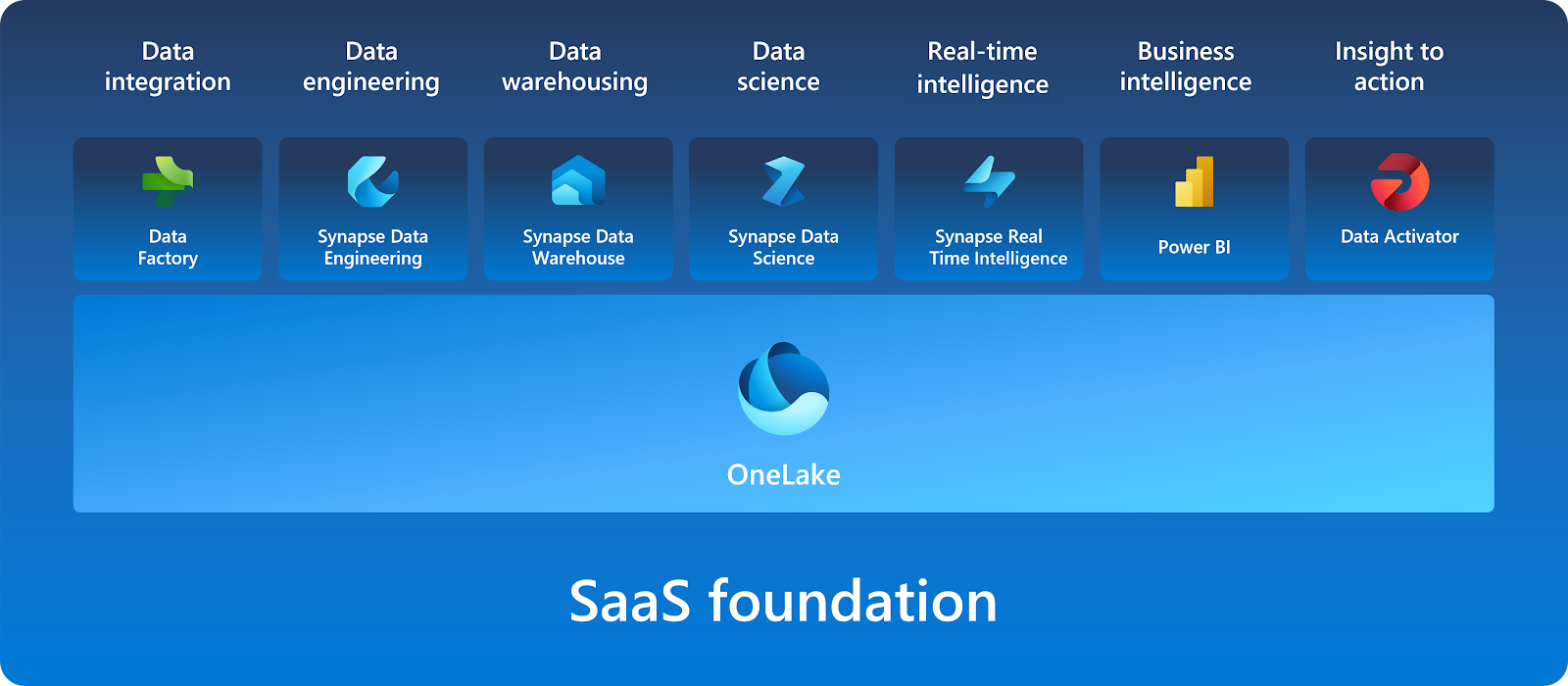Issues Due to Disconnected Data
Delayed Contamination Traceback:
- Traceback data from suppliers like Taylor Farms is often stored in isolated systems, making it difficult to correlate batch data with epidemiologic findings.
- Real-time insights are limited, delaying actionable steps to identify and mitigate contamination sources.
Fragmented Communication:
- Food service customers rely on separate systems to manage notifications, often resulting in communication delays.
- Affected entities like McDonald’s must manually cross-check supplier data, leading to inefficiencies during recalls.
Compliance and Reporting Challenges:
- Regulatory compliance requires accurate documentation and reporting, which is difficult to achieve when data is spread across multiple vendors and systems.
- Disconnected systems increase the risk of non-compliance, fines, or delays in recall execution.
High Operational Costs:
- Managing recalls with disconnected tools and fragmented data pipelines leads to higher operational costs.
- Real-time IoT and sensor data for monitoring supply chain conditions often remain underutilized due to lack of integration.
Current Limitations in the System
Fragmented Data Sources:
- Data ingestion from diverse suppliers like Taylor Farms, manufacturers, and transporters remains siloed, delaying traceability during contamination events.
Scalable Analytics Complexity:
- Real-time IoT data ingestion and batch data processing for compliance and food traceability are handled by separate systems, leading to inefficiencies.
Data Governance and Compliance Gaps:
- Disconnected systems make tracking data lineage and ensuring compliance with food safety regulations more difficult.
- Multitenant platforms face challenges in managing data security and ensuring proper isolation.
User Experience Issues:
- Stakeholders like compliance officers, food safety experts, and manufacturers must switch between multiple tools, slowing down the decision-making process.
Microsoft Fabric is an end-to-end analytics platform that provides a set of integrated services that enable you to ingest, store, process, and analyze data in a single environment.
Microsoft Fabric provides tools for both data professionals and the business to collaborate on data projects and make decisions. Fabric includes the following services:
- Data engineering
- Data integration
- Data warehousing
- Real-time intelligence
- Data science
- Business intelligence
How Microsoft Fabric Solves the Problem
Unified Data Platform for Traceability:
- Microsoft Fabric consolidates data ingestion, storage, and analytics within a single, unified platform.
- Data Factory enables seamless ingestion of batch data from Taylor Farms and real-time IoT sensor data from the supply chain, making traceback efficient and accurate.
Real-Time Contamination Alerts:
- Fabric’s streaming capabilities allow for instant analysis of IoT sensor data, ensuring real-time alerts when contamination risks are detected.
- With integrated analytics, McDonald’s could have immediately linked slivered onions to the contamination source, reducing delays in recall execution.
Enhanced Compliance and Reporting:
- Fabric integrates with Microsoft Purview for robust data governance, ensuring compliance with food safety regulations by maintaining data lineage and audit trails.
- Built-in reporting capabilities streamline documentation, making regulatory submissions more efficient and timely.
Persona-Optimized Tools:
- Fabric’s persona-specific experiences ensure that all stakeholders, from data engineers to compliance officers, have the right tools to act decisively.
- Power BI dashboards provide intuitive visualizations for contamination tracking and recall progress.
Cost-Efficient Scalability:
- By using Microsoft’s OneLake for unified data storage, Fabric eliminates duplicate data storage, optimizing costs.
- Fabric dynamically scales with workload demands, reducing the operational costs of managing large-scale recalls.
Key Benefits in the Context of McDonald’s Onion Recall
- Accelerated Response Time: Unified data ingestion and real-time analytics enable faster identification of contamination sources.
- Streamlined Communication: Fabric centralizes notifications to stakeholders, ensuring timely recall actions and minimizing risks.
- Enhanced Traceability: Integrated batch and real-time data analysis ensures a comprehensive view of the supply chain, simplifying traceback efforts.
- Regulatory Confidence: Robust compliance features reduce the risk of fines and enhance trust in recall processes.
By resolving issues caused by disconnected data, Microsoft Fabric transforms complex food safety operations into efficient, scalable, and decisive systems, ensuring quick and compliant responses to critical incidents like the McDonald’s onion recall.
https://avishkarm.blogspot.com/2024/11/graph-database-for-food-contamination.html


No comments:
Post a Comment